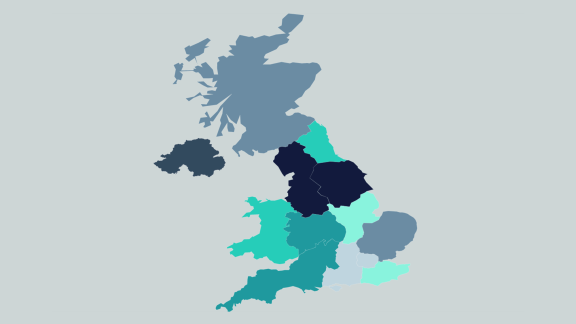Advanced critical care practitioners

More information on the advanced critical care practitioner role, including what training and qualifications they have and how they work within the NHS.
What are advanced critical care practitioners?
Advanced critical care practitioners (ACCPs) are clinical professionals who have developed their skills and theoretical knowledge to a very high standard.
ACCPs are highly experienced and educated members of critical care teams who are able to provide an advanced level of care, perform a number of minor procedures and educate other members of staff.
ACCPs are aligned to the Centre for Advancing Practice. Find out more about advanced practice.
What do advanced critical care practitioners do?
ACCPs are trained to:
- undertake an extensive assessment of the critically ill patient, including taking a history and completing a clinical examination
- perform or order diagnostic and therapeutic procedures
- prescribe medications and fluids (subject to current legislation)
- develop and manage an acute management plan and pathway for the patient
- perform invasive interventions and other practical skills under appropriate supervision
- teach and educate patients, relatives and other members of the multi-professional team.
What training and qualifications do advanced critical care practitioners have?
ACCPs must complete a programme leading to an appropriate postgraduate diploma/master's degree with a higher education institution recognised by the Faculty of Intensive Care Medicine.
To enrol on the programme, ACCP students must already hold an undergraduate degree in a health-related subject and have three years post-qualification work experience as a registered health care practitioner (for example nurses, physiotherapists or paramedics with appropriate critical care experience).
The programme aims to produce high-quality, patient-centred ACCPs with appropriate knowledge, competencies, skills and attitudes to enable them to practice in intensive care medicine.
Investment in training is extremely important for ACCPs in terms of performance outcomes. Therefore, there needs to be a clear arrangement and commitment from employer organisations towards in-house training and assessment. This requires consultant commitment within their job plans and agreement at the organisational level to provide such training.
How do advanced critical care practitioners fit into the NHS workforce?
This new role is important in pioneering the shift of work traditionally done only by doctors, to new, non-medically trained grades of staff. It also addresses the current workforce planning problems in critical care. Once qualified, ACCPs should be a part of the medical rota and should be involved in all aspects of care delivery within the remit of the training provided.
Further information
You can also watch the introductory video above, looking at how ACCPs have been incorporated into the critical care team at Leeds Teaching Hospitals NHS Trust.
Watch a webinar about advanced critical care practitioners.



